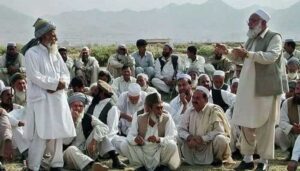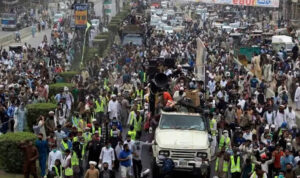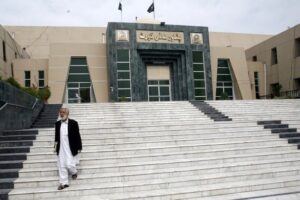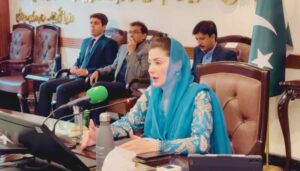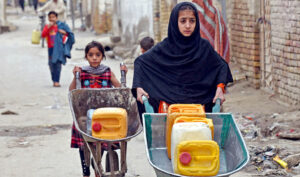PESHAWAR – In Khyber Pakhtunkhwa, where cultural expectations and economic constraints still shape the futures of many young girls, the International Day of the Girl Child was marked with a celebration of ambition, courage, and hope.
Organized by Blue Veins, in collaboration with the Rise and Shine Network and the Malala Fund, the event drew together dozens of schoolgirls to reflect on this year’s global theme — “The Girl I Am, The Change I Lead.”
Also Read: KP to Launch Education Card as Part of Major School Enrolment Drive
Observed worldwide on 11 October, the day serves as a reminder that the fight for girls’ education and empowerment in Pakistan is far from over. In KP, gender gaps in schooling remain stark, the event sought to amplify girls’ voices and reimagine what equality could look like in their classrooms and communities.
The celebration unfolded less like a formal seminar and more like a participatory workshop. Young girls were invited to speak, draw, and write about their dreams — turning colorful charts into visual manifestos of resistance and aspiration. Each drawing, each sentence scrawled in bright markers, told a story of a girl who wanted to learn, to lead, and to be free to decide her own path.
Qamar Naseem, Program Manager at Blue Veins, said the event carried a message that transcended symbolism. “Empowering girls means empowering generations,” he said. “When girls are given the chance to learn and lead, they transform their families and reshape entire communities.”
Also Read: Women Empowerment: A Key To Sustainable Progress
From among the participants, Habiba, a member of the Rise and Shine Girls Education Leadership Network, offered her own quiet reflection: “Today reminded us that every girl is strong and capable. We just need the chance to prove it.”
The organizers emphasized that despite visible progress in education and policy, girls in Khyber Pakhtunkhwa still face structural and social hurdles — from early marriages to restricted mobility and limited access to higher education. These barriers, they said, can only be dismantled through collective action between government institutions, community leaders, and civil society groups.
The day ended not with speeches, but with promises — from the girls to themselves and from the organizers to them. Promises of schools that stay open, communities that listen, and futures that include every girl.






